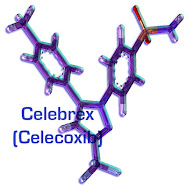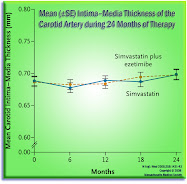What there appears is a state increasingly (and justifiably) frustrated by a George Wallace like refusal to follow the now-settled law of the land. Here's a bit of what we find (a 17 page PDF file), in the moving papers:
. . . .[A]ny liberty interest Davis might possibly have as a private citizen does not extend to her role as a governmental official. Even if KRS 446.350 were somehow to apply to Davis, it cannot apply in her official capacity as the Rowan County Clerk because accommodating her in the manner she suggests would amount to a violation of the [federal First Amendment] Establishment Clause. . . .
Davis asserts that had the Beshear Letter not been issued, the plaintiffs "would have had to sue Gov. Beshear (not Davis)" to obtain their marriage licenses. See Response at 14 (D.E. 123). This incredible statement demonstrates Davis’ stubborn disregard for the rule of law. Obergefell held that the plaintiffs have a fundamental right to marriage. Following Obergefell, they should not have been required to sue anyone in order to exercise that right. Of course, Davis ensured that was not the case in Rowan County. . . .
When an official such as Davis acts in her official capacity to perform an obligation imposed by law, she is acting as the government. Cf. Kentucky v. Graham, 473 U.S. 159 (1985); KRS 62.210 ("[t]he office of county clerk, rather than the individual holder of the office, shall be liable for acts or omissions of deputy clerks"). At issue here are marriage licenses issued by the Office of Rowan County Clerk and not Kim Davis individually, as Kim Davis individually has no authority to issue such licenses. The Office of Rowan County Clerk does not have a right to free exercise of religion. If government officials were permitted to exercise religion in their official capacity, such action would directly violate the Establishment Clause, which prohibits governments from favoring or promoting one set of religious beliefs over another. . . .
[Issuing a marriage license] is a ministerial act statutorily required of the Office of Rowan County Clerk. The issuance of a marriage license simply certifies that the couple satisfies the legal prerequisites for marriage. KRS 402.100. To the extent the issuance of marriage licenses constitutes speech, it is attributable to the government and not Davis. . . . [Even for argument sake, if we assume it was speech] "restricting speech that owes its existence to a public employee’s professional responsibilities does not infringe any liberties the employee might have enjoyed as a private citizen." Garcetti, 547 U.S. at 421-22. . . .
She has no standing -- so true. Onward. Smile. . . .









































